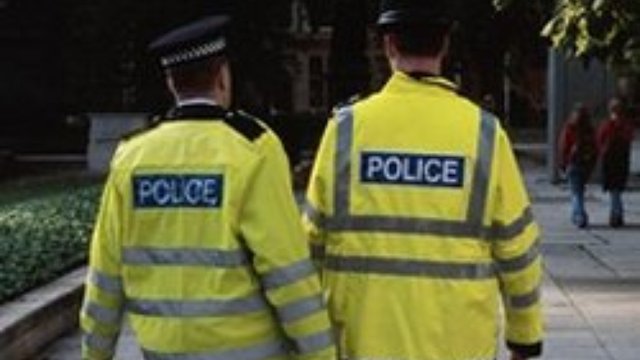Police Scotland: Improvements On Stop And Search
22 February 2017, 06:19 | Updated: 22 February 2017, 06:20

Scotland's police force has delivered ''substantial improvements'' in the way it conducts, records and monitors its stop and search activity, according to a new report.
A follow-up review by HM Inspectorate of Constabulary in Scotland (HMICS) found that Police Scotland has acted on all 23 recommendations contained in a critical report it published on the practice almost two years ago.
The latest report concluded that the number of recorded stop and searches by police officers has significantly decreased, and there is now ''far greater transparency'' over its search activity.
''HMICS now has confidence in the accuracy and integrity of stop and search data held by Police Scotland,'' the report found.
The overall findings have been welcomed by the force.
The initial HMICS review published in March 2015 called for stop and search targets to be removed, and data collection and reporting to be improved.
It recommended a move from non-statutory or ''consensual'' searches to those where a person is stopped under legislative powers, and said it had ''no confidence'' in stop and search data held by the force.
Almost two years on, its follow-up report concluded: ''Police Scotland has made substantial improvements in the use and recording of stop and search activity in Scotland.
''All 23 recommendations made in our phase one report are now fully discharged.''
Figures reveal a 67% reduction in a year in the number of stop and searches carried out.
Some 21,553 searches were conducted between April 1 and September 30 last year, down from 65,326 in the same period in 2015.
This is likely to be a combination of improved recording and scrutiny of such activity, the removal of performance targets and the more accurate recording of seizures, the report said.
A new code of practice for stop and search is due to come into place in May at a cost of £2.8 million.
Once it comes into force, non-statutory or ''consensual'' stop-and-searches will be banned entirely, meaning searches must be conducted under legislative powers.
HMICS found that Police Scotland policy now has a presumption toward statutory stop and search, with the majority of searches (96%) conducted using legislative powers.
There have been no non-statutory searches recorded of children under 12 between June 2015 and September 2016 and only 16 statutory searches.
The report also found that the force has introduced an effective internal audit regime to provide assurances over data accuracy.
HM Chief Inspector of Constabulary Derek Penman said: ''Since our phase one report was published, Police Scotland has delivered substantial improvements in the way it conducts, records and monitors all of its stop and search activity.''
Welcoming the report, Chief Superintendent Barry McEwan, head of safer communities at Police Scotland, said: ''Police Scotland recognises that stopping and searching members of the public is a significant intrusion into their personal liberty and privacy and we are committed to ensuring that all stop and search activity is carried out in a lawful, proportionate, justifiable and accountable manner.
''Stop and search is intelligence-led and a valuable policing tactic which contributes to the prevention, investigation and detection of crime while at the same time keeping people safe and improving community well-being.''






